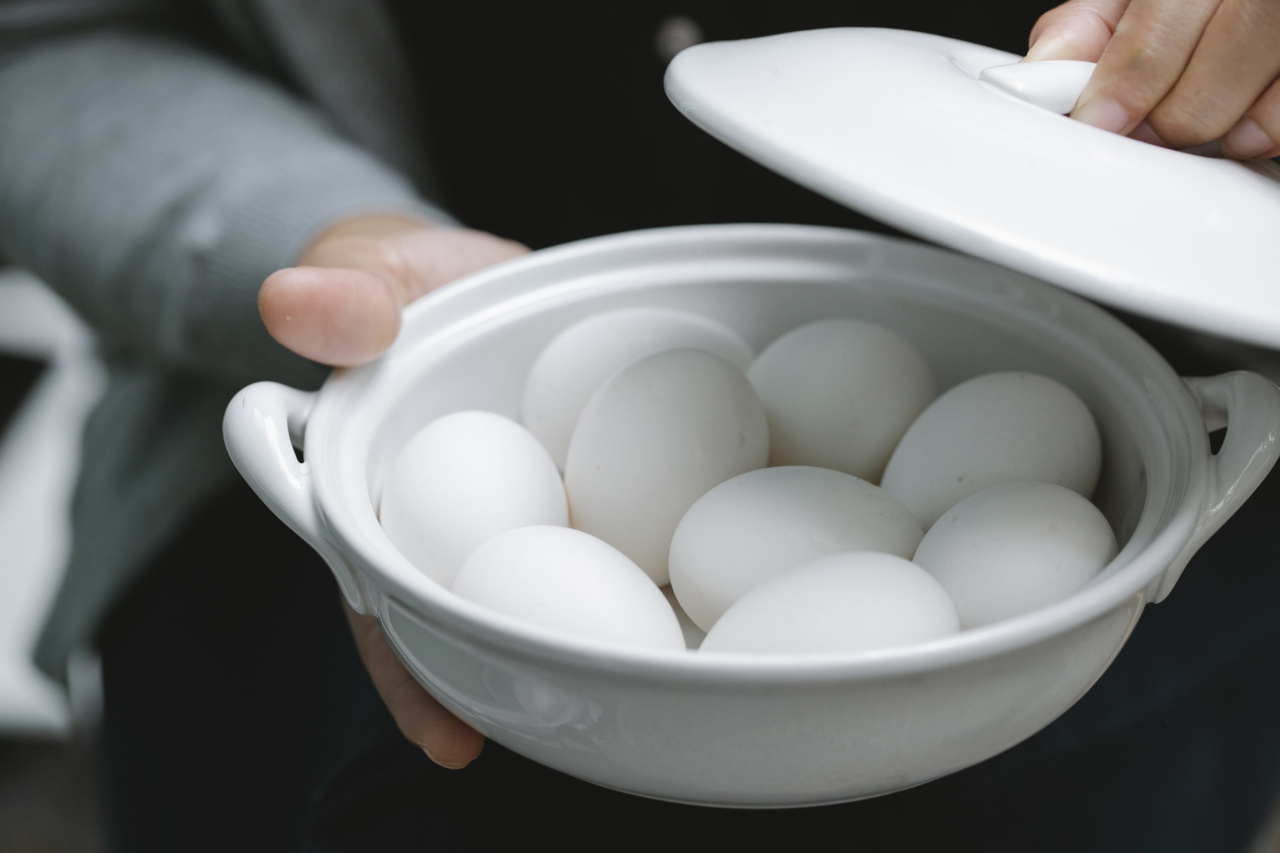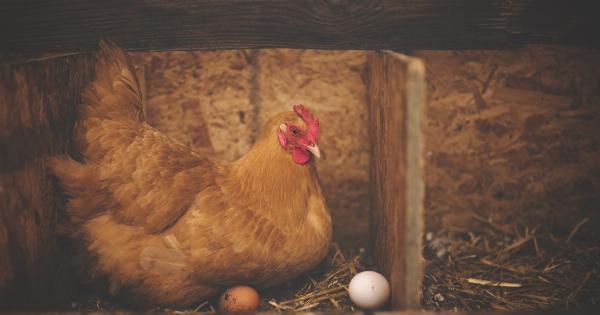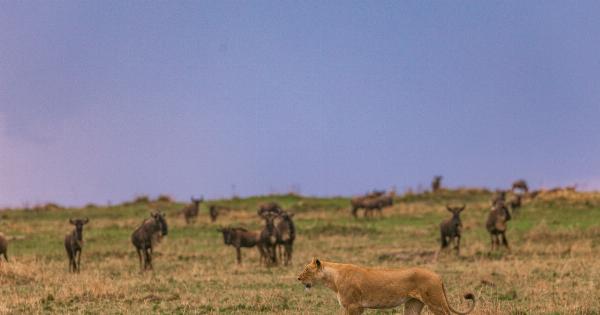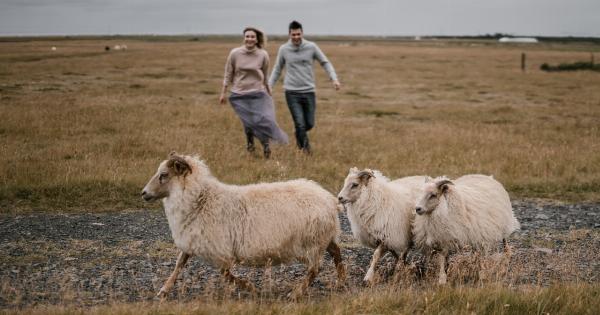Chicken is undoubtedly one of the most consumed meats in the world, known for its versatility and affordability. However, behind the neat packaging and seemingly endless supply lies a disturbing truth about mass-produced chicken.
The poultry industry has transformed over the years, adopting intensive farming practices to meet the skyrocketing demand for chicken products. This article delves into the dark side of mass-produced chicken, exposing the ethical, environmental, and health concerns associated with this industry.
The Rise of Intensive Chicken Farming
In the quest to produce more chicken at lower costs, the poultry industry has embraced intensive farming methods.
Traditional chicken farming involved raising birds in small flocks, allowing them to roam freely outdoors, and providing them with a natural diet. However, the demand for cheap chicken has led to the adoption of factory farming techniques.
Overcrowded and Inhumane Conditions
Mass-produced chicken is typically raised in overcrowded and inhumane conditions. Large industrial chicken houses keep thousands of birds cramped together in tight spaces.
This confinement leads to physical and psychological distress, causing immense suffering to the animals. Chickens are unable to exhibit natural behaviors, such as perching, foraging, or dust bathing, which are crucial for their well-being.
Antibiotic Abuse
One of the major concerns with mass-produced chicken is the rampant use of antibiotics. In overcrowded and unsanitary conditions, diseases can spread rapidly among the chickens.
To counter this, farmers administer routine doses of antibiotics to prevent or treat illnesses. Unfortunately, this practice has led to the emergence of antibiotic-resistant strains of bacteria, posing a significant threat to human health.
Environmental Impact
The environmental consequences of mass-produced chicken are grave. The sheer scale of the industry, coupled with intensive farming practices, contributes to deforestation, water pollution, and greenhouse gas emissions.
The mass production of chicken requires vast amounts of land for feed crops, leading to the destruction of forests, which in turn affects biodiversity. Furthermore, chicken excrement and excess feed often find their way into water bodies, contaminating water sources and harming aquatic ecosystems.
Quality and Nutrition Concerns
Mass-produced chickens are typically bred for maximum growth in the shortest amount of time. As a result, the quality and nutritional value of the meat may suffer.
These chickens are often fed an artificial diet consisting of genetically modified organisms (GMOs), growth hormones, and other additives to accelerate growth. The result is a product that is less nutritious and potentially harmful to human health.
Animal Welfare Issues
When it comes to mass-produced chicken, animal welfare takes a backseat. The intensive farming methods used to raise these birds prioritize profits over the well-being of the animals.
Chickens are subjected to painful procedures such as beak trimming without anesthesia, as well as cramped living conditions. The lack of space and stimulation leads to abnormal behaviors, injuries, and stress.
Alternatives to Mass-Produced Chicken
Fortunately, there are alternatives to mass-produced chicken that prioritize animal welfare, environmental sustainability, and consumer health. Consumers can choose to support organic and free-range chicken farming systems.
These systems provide chickens with access to outdoor areas, allowing them to engage in natural behaviors. Additionally, supporting local farmers who prioritize ethical and sustainable practices can be a step towards a more responsible chicken industry.
Consumer Responsibility
As consumers, we have the power to influence the chicken industry by making informed choices. By opting for higher welfare and locally sourced chicken, we can encourage positive change in the way chickens are raised and treated.
Choosing quality over quantity and supporting transparency and sustainability in the chicken industry is a step towards a more ethical and responsible food system.
The Way Forward
The disturbing truth about mass-produced chicken highlights the urgent need for reform in the poultry industry.
Stricter regulations and enforcement of ethical standards are crucial to protect the well-being of animals, the environment, and consumer health. Increased transparency and consumer education can empower individuals to make informed choices and support sustainable chicken farming practices.
By demanding change and supporting alternatives, we can create a future where chicken production is ethical, sustainable, and respectful of all beings involved.































